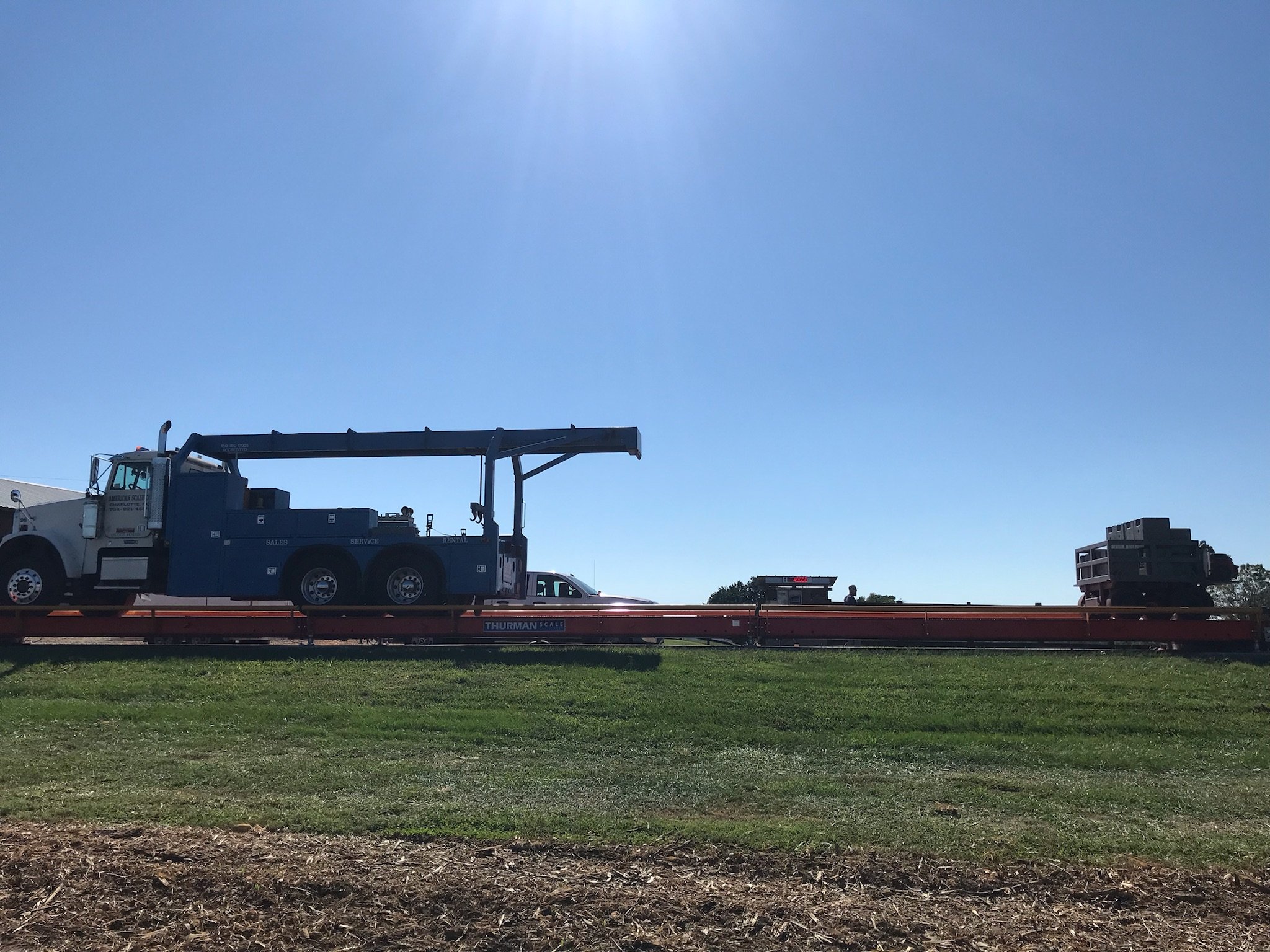Importance of Load Testing.
Understanding the limitations of your industrial equipment is essential in knowing what you can and cannot do at your worksite. This article will go over the aspects of industrial load testing and how to properly go about getting a load test done.
What is a load test?
A load test is a testing process in which the performance of industrial equipment (for example cranes) is tested under a specific expected load. It determines how the equipment behaves while being under an extremely heavy load. Essentially load testing is putting the equipment up against real world work loads. The goal of Load Testing is to check performance under a specific load, thus preventing potential overloading and also allows the operator to adjust specs wherever needed.
How is a load test performed?
A load test is performed to verify that a specific crane will safely perform all of its functions while supporting a test load whose weight is at least equal to the equipment’s rated capacity. Since load tests confirm the ability of the crane to safely operate, they must be completed whenever this overhead lifting equipment is newly installed, altered, repaired, or modified before being placed into service. Existing crane systems should be load tested once every four years.
The test load used must be at least 100% of the equipment’s rated capacity unless otherwise recommended by the manufacturer. The weight itself should be certified prior to testing. Load tests should be dynamic, that is they confirm that the overhead crane and hoist function safely and properly as they move to lift and lower the test load. All results should be kept on file for the life of the equipment.
Workflow of a load test.
Understanding the workflow of a load test will help you get a good idea as to what to expect when you need to have a load test completed. As part of the load test process, both a pre-operational inspection and a periodic inspection should be conducted:
Pre-operational check: This is where a service technician will assess the equipment to identify any deficiencies or damage that may impact either the safe operation of the crane. Similar to a visual inspection when calibrating a truck scale. Key areas for evaluation include confirming that the hook and latch are not damaged and work properly. Ensure that the wire rope is not broken, or improperly wound. Check that the load chain is not worn, stretched, or twisted.
Periodic inspection: This inspection should be performed after the load test is complete. Whoever is performing the inspection is evaluating the equipment in great detail. It includes a comprehensive examination of structural and mechanical components. Reviewed are all girders, end trucks, foot walks, handrails, trolley frames, and cabs. Further, inspection for wear, cracks, or other damage is performed on brakes, shafts, axles, wheels, couplings, sheaves and drums, transmission components, runway structures, and below-the-hook devices. The inspector examines electrical components, indicators, gauges, connection points, the trolley and runway rail, bumpers and end stops, covers and guards, and all self-contained electric, hydraulic or gasoline powered generating units.\
Load test standards.
When performing a load test, one simply cannot attach a random number of weights to a crane and declare that safe. There are specific standards that must be followed when performing a load test. These specifications will lay out all that is required to ensure a safe load test and a passing one as well. Because they are so critical to the safe operation of overhead cranes and hoists, there are several standards and specifications that detail load test requirements. Below is the outline of standards according to different ruling bodies:
The Occupational Safety and Health Administration’s standard OSHA 1910.179(b)(3) and OSHA 1910.179(k)(2): Modified or rerated cranes shall be load tested. Test loads shall not be more than 125% of the rated load unless otherwise recommended by the manufacturer. The test reports shall be placed on file where readily available to appointed personnel.
The American Society of Mechanical Engineers’ standards ASME B30.2: Overhead and Gantry Cranes, ASME B30.16: Overhead Underhung and Stationary Hoists, and ASME B30.17: Cranes and Monorails with Underhung Trolley or Bridge: New, reinstalled, altered, repaired and modified cranes and hoists should be load tested prior to initial use with a test load equal to 100% to 125% of rated load and to include all design functions (lift, lower, traverse length of bridge, traverse length of runway).
The Crane Manufacturers Association of America standard CMAA Specification 78, section 4.7: Cites the load test requirements of OSHA 1910.179 and states a load test should be performed at a minimum of once every four years at 100% load with a pre-test and post-test inspection per periodic inspection guidelines, and there must be a written report of the load test and inspection results maintained on file for the life of the equipment.
CLOSING WORDS
At American Scale we strive to bring you informed and useful content on all things scale systems related, including products from the top scale manufacturers. Be sure to check out our truck scale articles about truck scale foundation or how much do truck scales cost. We even have a guide to warranties. To learn more about bench scales, it would be good to check out our other articles such as “Bench Scale Basics'' and “How Much Does A Bench Scale Cost?”. These articles will help with the basics of bench scale ownership. Also, take a look at our“Common Problems With Bench Scales'', to help prolong the lifespan on your scale.




